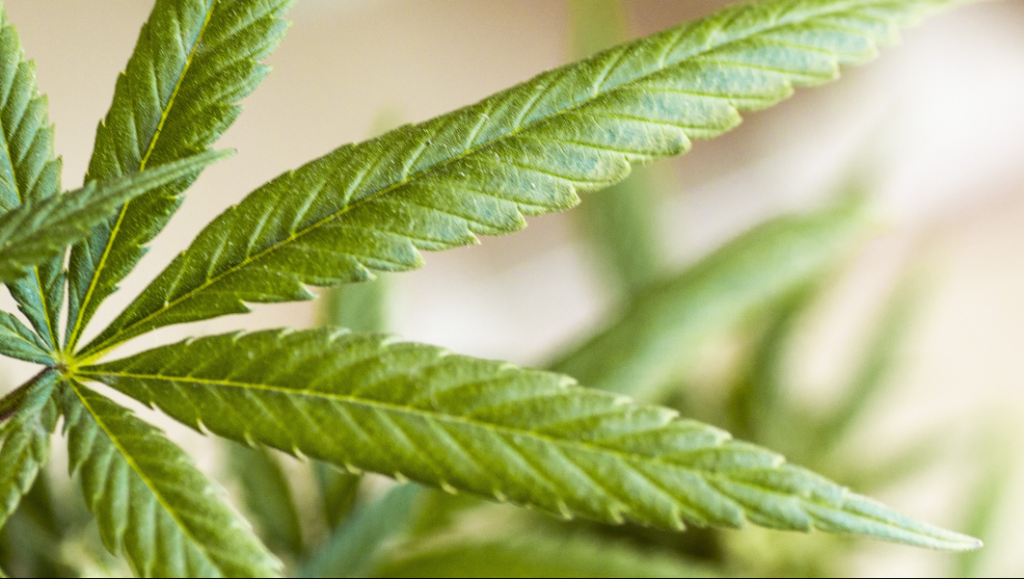Utah’s medical marijuana program has officially surpassed 100,000 registered patients, marking a significant milestone since voters first approved legalization in 2018.

According to the Utah Department of Health & Human Services, over 1,000 physicians now participate in the program, and patient enrollment continues to rise.
Health officials credit growing public and professional acceptance for the increase in patient numbers. Rich Oborn, who oversees the program for the department, says they’re working to ease physician participation and improve affordability.
“It’s a major milestone that represents a lot of work by patients to find what works for them,” he said about the program passing 100,000 patients.
Advocates say the program still has hurdles—including high costs, limited physician participation, and competition from the black market—but they remain optimistic.
“We’re hoping this pushes us further into the mainstream medical market,” said Desiree Hennessy, executive director of the Utah Patients Coalition.
Utah’s medical marijuana law was established through a voter-approved initiative in 2018, later modified by the state legislature to create a tightly regulated program. The law allows patients with qualifying conditions—such as chronic pain, cancer, epilepsy, and PTSD—to obtain a medical cannabis card with a physician’s recommendation. The program permits the use of various forms of cannabis, including capsules, tinctures, topicals, and vaporizable flower, but prohibits smoking. Dispensaries, known as “pharmacies” under state law, are licensed and regulated by the Utah Department of Health & Human Services, which also oversees patient registration and physician participation.






